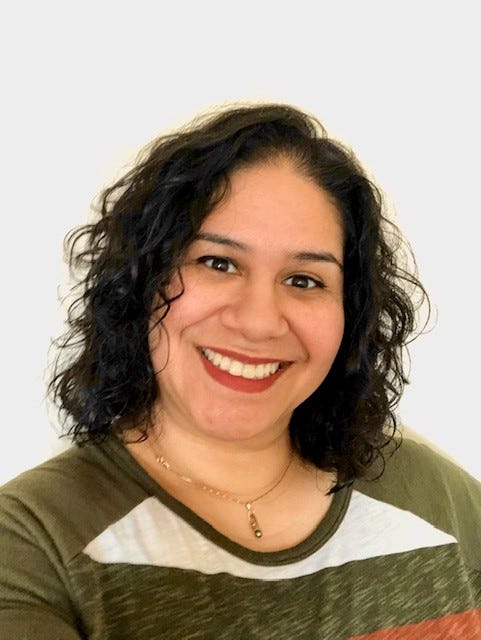
Gambling can be a source of entertainment for adults, but for some, it can develop into a problem or addiction. It is often called a “hidden addiction” because you can’t easily see it or smell it on someone, like you might a substance addiction. For every person who has a gambling problem, there are often several people in that person’s life who are negatively impacted by that person’s gambling.
Sometimes people can go years living with someone who has a gambling problem and never know it because gambling problems are easy to hide. It’s important to be informed of what some of the warning signs are so you can better help yourself and your loved ones.
Some signs that someone may have a gambling problem
- Talking about gambling as a way to make money
- Using money needed for bills to gamble
- Gambling for longer and longer periods of time
- Lying about how much time or money is spent on gambling
- Gambling to recoup previous losses
- Missing or being late to work or school because they were gambling
- Neglecting family or personal responsibilities to go gamble
If you notice that your loved one is exhibiting these signs, the best way to help them is by starting a conversation about the gambling. Keep in mind that the problem here is the gambling behavior, not the person. Try not to use judgmental language. This might only make the person defensive. Many people engaging in problem gambling already feel vulnerable, ashamed, or embarrassed to begin with. You can try something like “I noticed you’ve been betting on sports more often than you used to, what’s changed?”
Ultimately, only the person with the gambling problem can choose to seek treatment for themselves, but you can get your own treatment to help keep yourself financially and emotionally safe. Problem gambling can be very tough not just for the person with the issue but the loved ones around them. The good news is that you don’t have to go it alone. Help and hope is available.
If you suspect you or someone you know is engaging in problem gambling or is at risk and heading in that direction, please call the Bettor Choice Gambling Treatment Program at UCFS Healthcare at (860) 823-3094. We provide individual therapy and peer counseling for adults struggling with gambling, as well as therapy for those affected by someone else’s gambling.
Celaura Estrada, LCSW, ICGC-I, is the Bettor Choice Gambling Treatment Program supervisor at UCFS Healthcare.